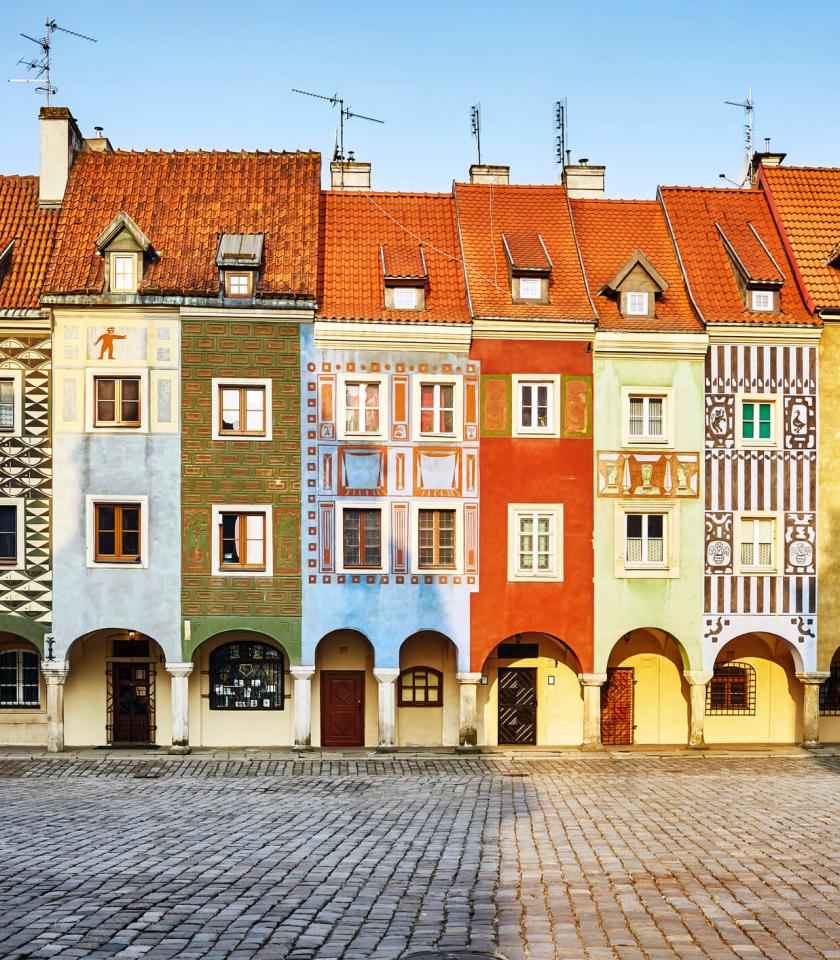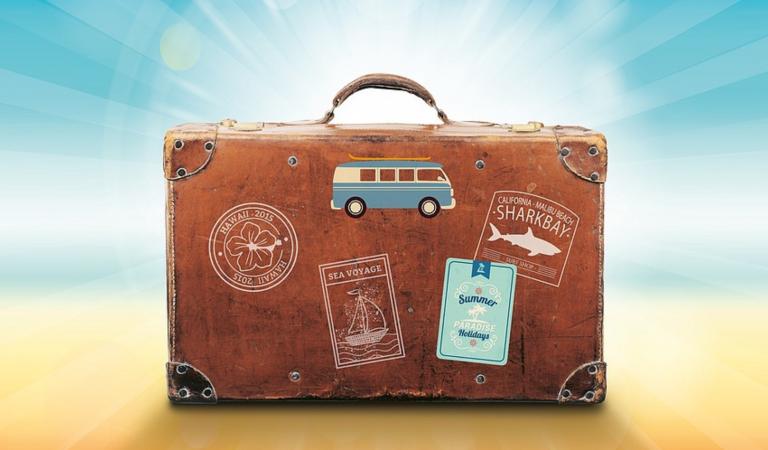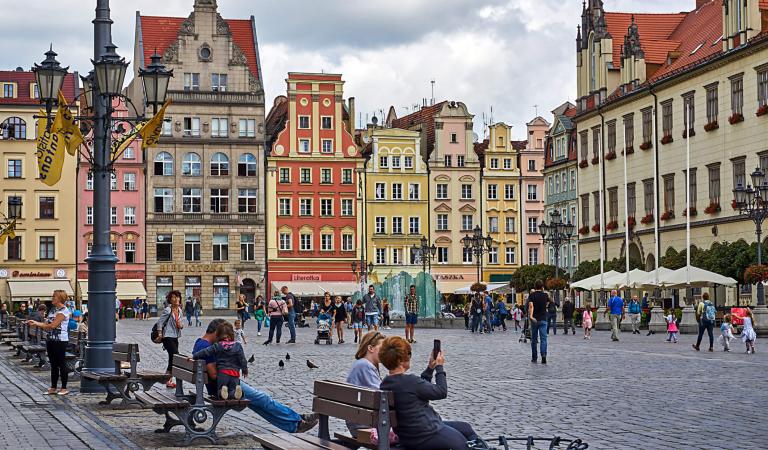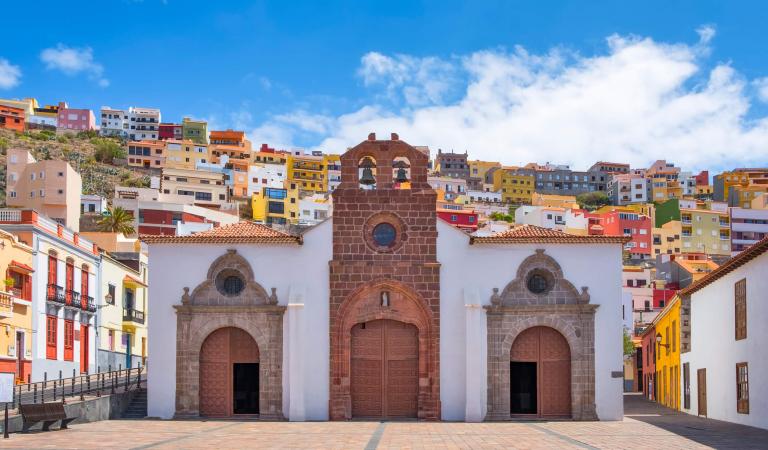Ever wondered about TEFL in Poland? Read on for more information about teaching jobs in this lesser-visited European destination, and why it might be the perfect place if you are a newly qualified TEFL teacher.
Where?
Conveniently located to feel almost like a bridge between Central and Eastern Europe, Poland is the ideal destination for work and travel for many newly qualified EFL teachers. Covering over 300,000km from the beautiful Baltic coast to the glorious Tatry mountains, from the border parks of the Zielona Góra area, to the unspoilt lakes of the Mazury region, and everything in between, Poland has much to offer.
Despite its beauty, fascinating history and ever-growing international vibe, Poland has been somewhat overlooked as a TEFL destination in the past and, as a result, the TEFL community there has worked hard to build a strong, and well-deserved, reputation as somewhere that offers excellent quality support and development to newly qualified EFL teachers.
Why?
Many people are initially attracted to Poland as a great base from which to explore Europe, with many amazing European cities just a train or bus ride away. But most who stay do so because of everything Poland itself has to offer – beautiful countryside and exciting cities, a rich history and culture, welcoming people, and excellent seasonal food.
In contrast to some of the better-known European destinations, Poland retains an air of being ‘off the beaten track’ and, as a result, private language schools there have focused their energies on making themselves into an attractive option for newly qualified EFL teachers. With many offering extensive CPD programmes and high levels of academic support to teachers fresh off their CELTAs, Poland is a great place to kickstart your TEFL career.
Typical jobs
Teaching work in Poland generally runs from September through to June, with a break for the long summer holiday. With this in mind, you’ll need to be flexible about how you’re going to spend your summers, keeping in mind that your Polish salary, while generally affording you a good life in Poland, is usually not enough to finance a summer of travel and most teachers look to top up their salaries with summer work in other parts of mainland Europe or the UK. The shape of the academic year also impacts important areas such as negotiating accommodation contracts and budgeting for summer flights, so plan ahead and remember that a year of teaching work in Poland is usually, in reality, nine or 10 months.
When searching out the perfect teaching job in Poland, start with the private language schools where you’ll find the majority of TEFL work is located. In these roles, you’re likely to be teaching a mix of younger learners (YL), teenagers and adults, both in groups and 1-2-1 lessons. There’s also a growing amount of off-site work happening in Poland, particularly in the larger cities like Poznań and Warszawa, where more and more companies are looking to develop their employees’ language skills for the international market.
Freelancing is another option in Poland, though you’ll need the help of someone experienced to register yourself as self employed and make sure all your taxes are in order. Outside of the biggest cities, you’re unlikely to find someone who can help you with this in English, so make sure you’ve got your language skills up to scratch before going solo!
Top tips from our in-country experts
With a combined experience of over 30 years of teaching English in Poland, our local experts pooled their knowledge and came up with the following top tips for any EFL teachers considering a move to Poland:
1. Look for a school that offers help with settling in.
As a foreigner new to the country, the basics like finding accommodation, setting up a bank account and registering yourself in the country can be very challenging and many schools offer accommodation packages or support with getting settled in, so look out for these opportunities when perusing job adverts. While you won’t need this kind of support forever, it can make your initial transition to life in Poland a lot smoother.
2. Don’t be put off by the salary.
While salaries may look low when you compare them to some other European countries, they’re usually enough to live well on here in Poland where the cost of living can be quite low, and many schools offer free accommodation and flights as part of their package. That said, watching your spending and living like the locals do will help your money to go much further!
3. Watch out for the alcohol!
Polish vodka is famous for a reason, and there’s lots of fun to be had sampling all the different kinds. But know your limits and drink sensibly or you’ll regret it the next day (and possibly for a couple after that as well!). Polish beers are also typically much stronger than people are used to, with some coming in at 7-9%, so be aware of what you’re drinking.
4. Take language lessons.
Nobody expects you to become fluent overnight, but it’s unlikely that you’ve picked up much Polish at school or through the occasional holiday growing up, so taking lessons will help you start to get to grips with the basics and make a big difference to the settling in period. Polish people know their language is difficult, and are often amazed that anyone has put the effort in to try, so will usually be disproportionately impressed by a poorly uttered “dziękuję”.
5. Travel.
With growing numbers of low-cost airlines connecting Poland to other parts of Europe, and the extensive European train network crossing right through, it’s tempting to spend your free time getting out and exploring other European capitals. But Poland itself offers so many incredible travel options that it would be a shame to miss out on what’s right on your doorstep.






